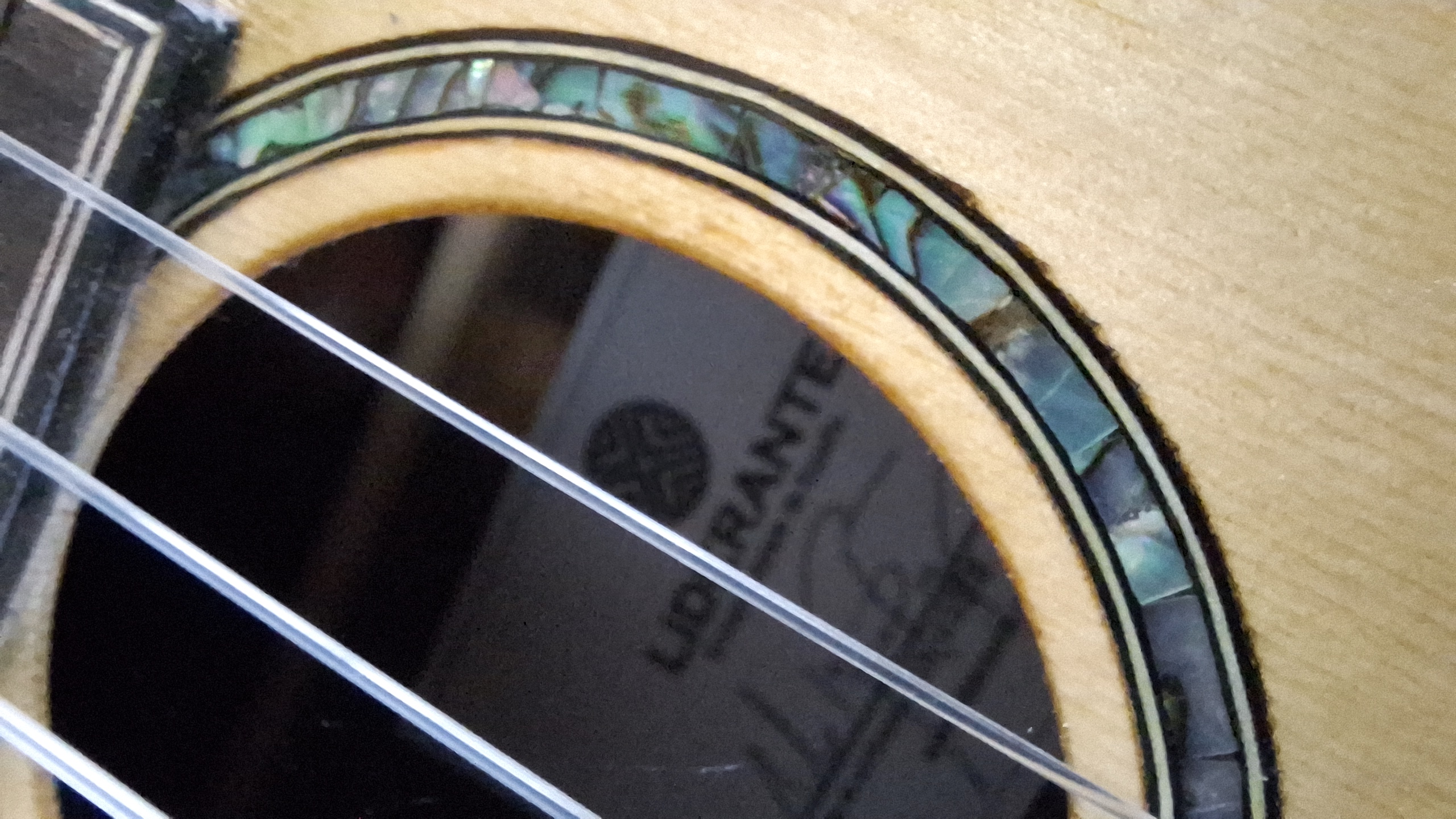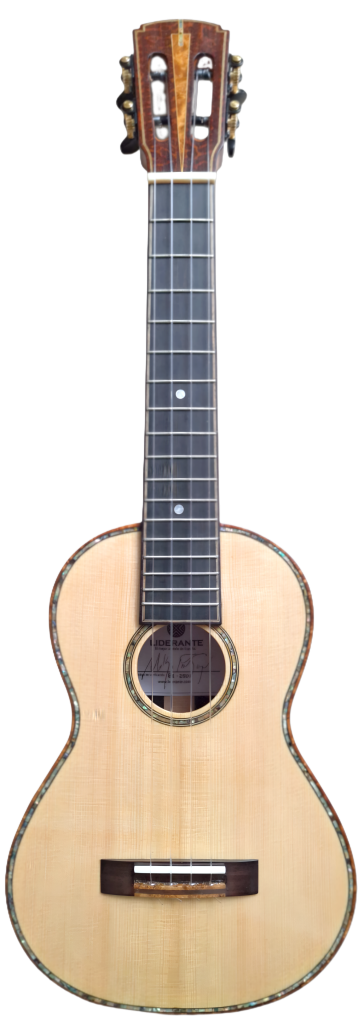French Varnish
Traditional Finishing
Over time, it creates a rich, deep shine that enhances the wood's natural color and grain. It’s also known as "French Polish" in some places, and while the term can sound fancy, it’s just a traditional method of making wood look really good.
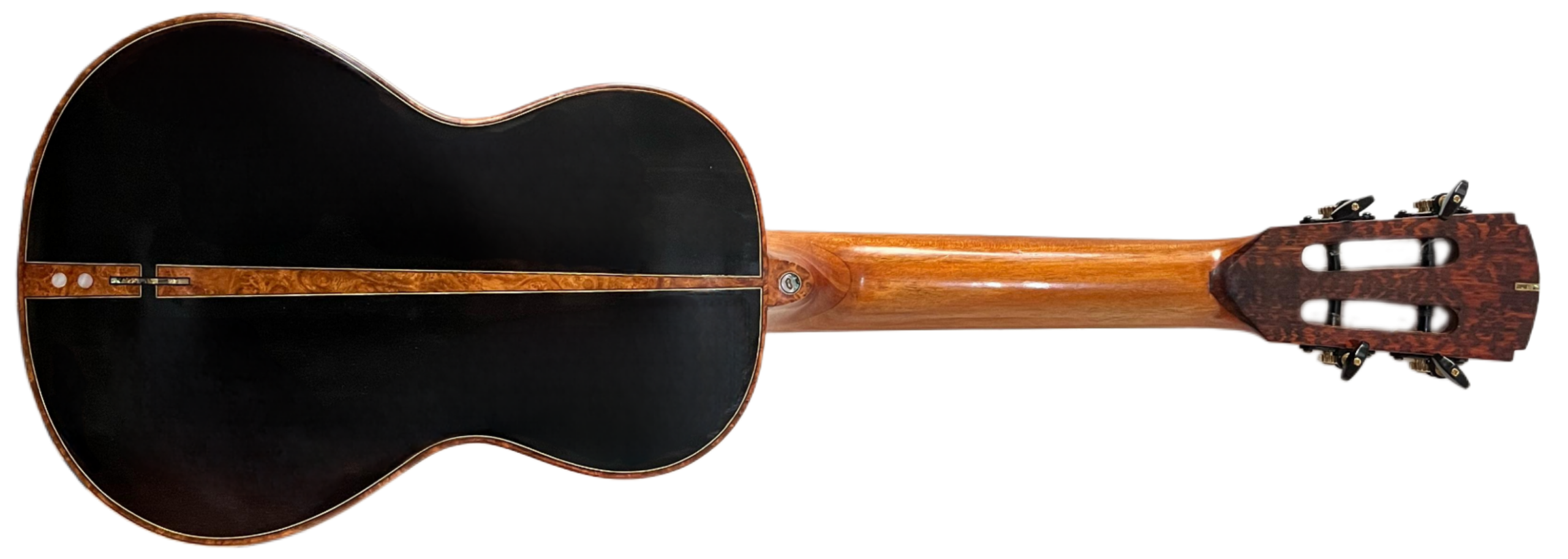
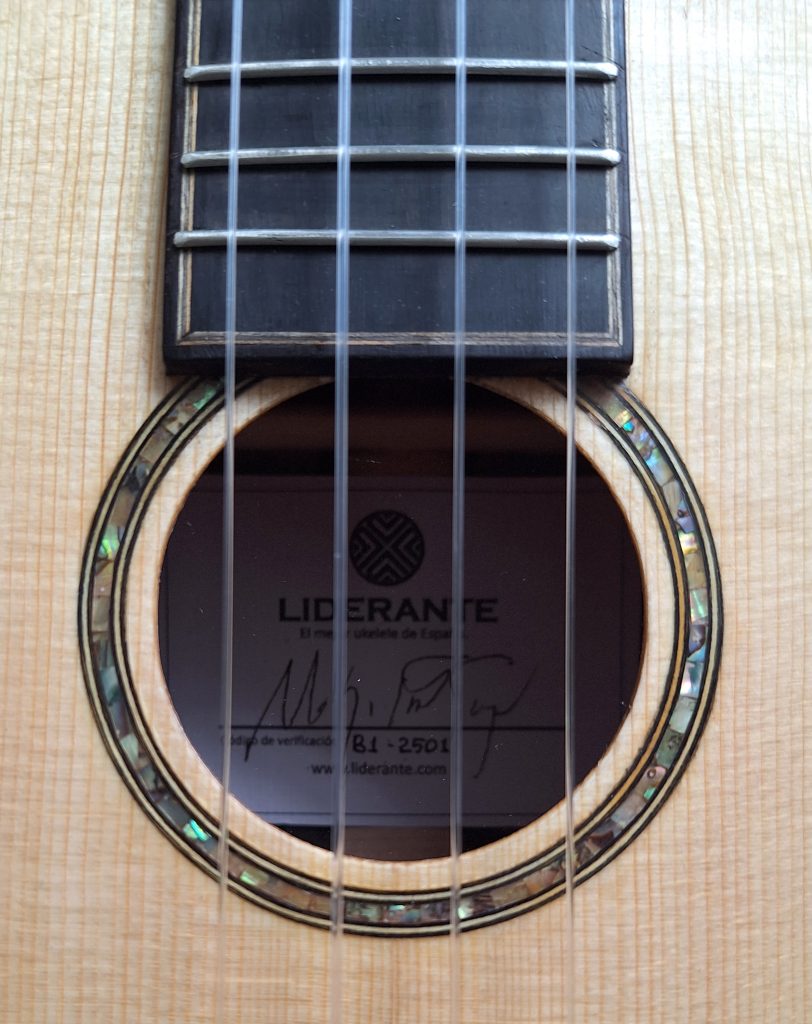
Crafted from
the best material
German & Alaska Spruce, Brazilian & Indian Rosewood Soundboard & Sideback, Mahogany Neck, Ebony Fingerboard, Snakewood & Amboyna burl for Purflin and Back Design, Traditional varnish using Shellac, Damar & Pumice.
patented bridge design
Adolfo also holds two exclusive world patents for bridge designs, WO2014142683A1 and US6166309A, which enrich the resonance, create a sweet and distinctive tone, and ensure smooth and beautiful playing. Additionally, special attention is paid to the design of the resonance chamber to ensure consistent volume for all strings, preventing irregular fluctuations in resonance. Precise calculations are made for internal sound beams, balancing the symmetry of the backboard and soundboard, fingerboard recess, and more, to ensure outstanding performance for each instrument.
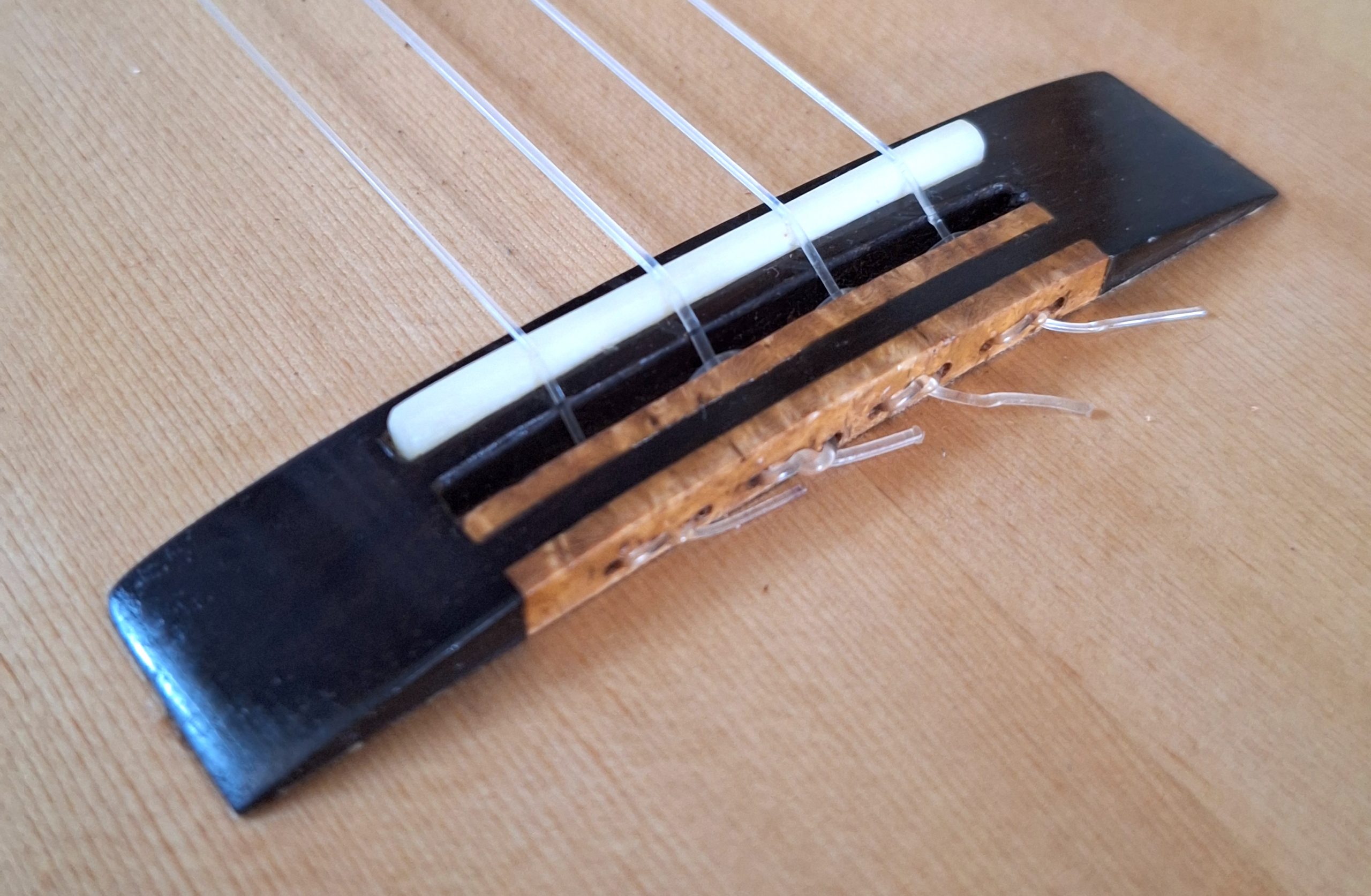
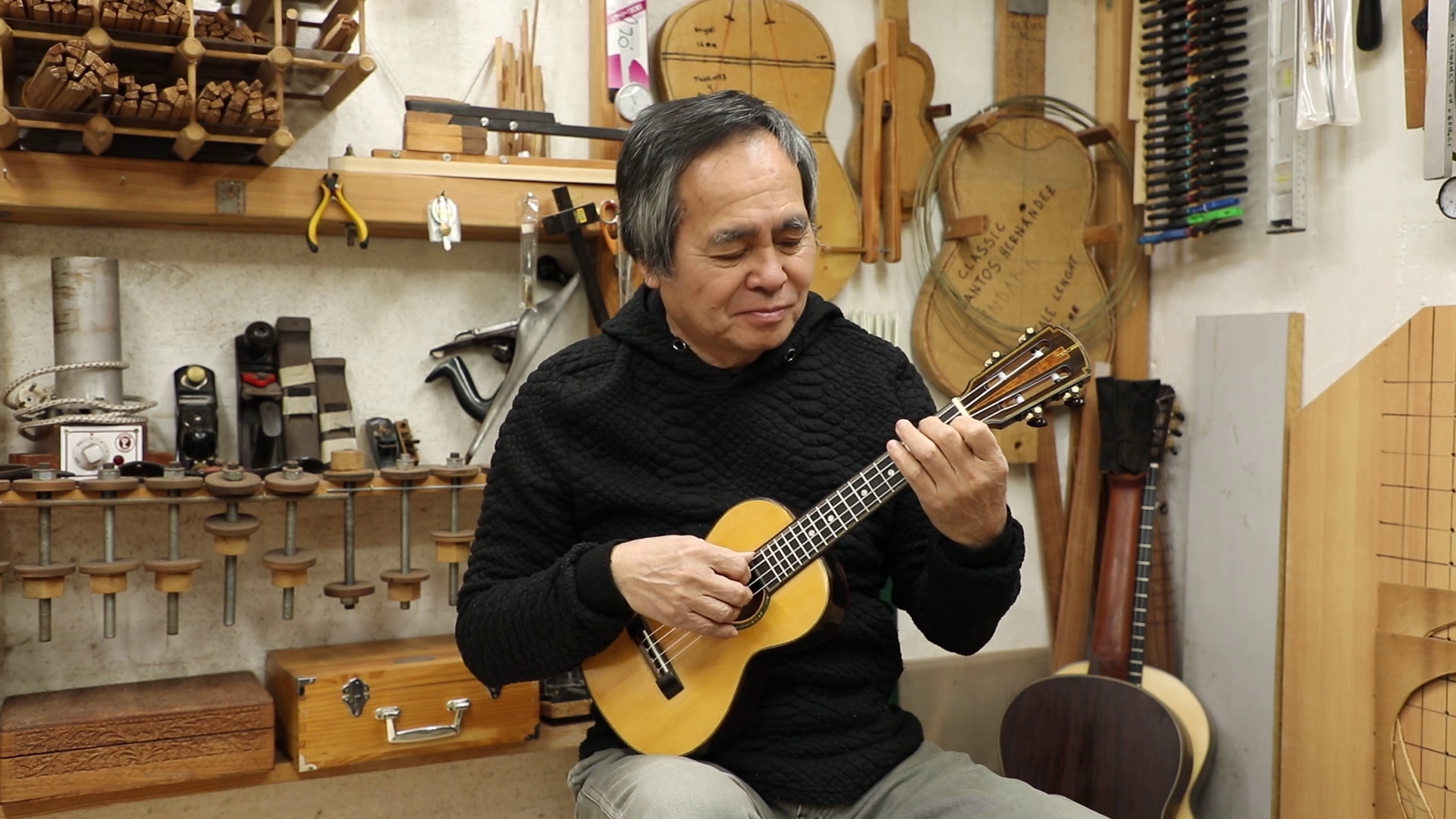
comfortable and easier to carry
Its small size fits comfortably in backpacks or carry-on luggage, and we also brought you an exclusive hard case for added portability. Whether you're heading to the beach, a park, or traveling abroad, this ukulele is the perfect musical companion on the go.
why you must have this?
"This isn’t just a ukulele — it’s a one-of-a-kind masterpiece. With its rare design and exceptional craftsmanship, it’s the kind of instrument you only come across once in a lifetime. A true collector’s gem you’ll be proud to own."
